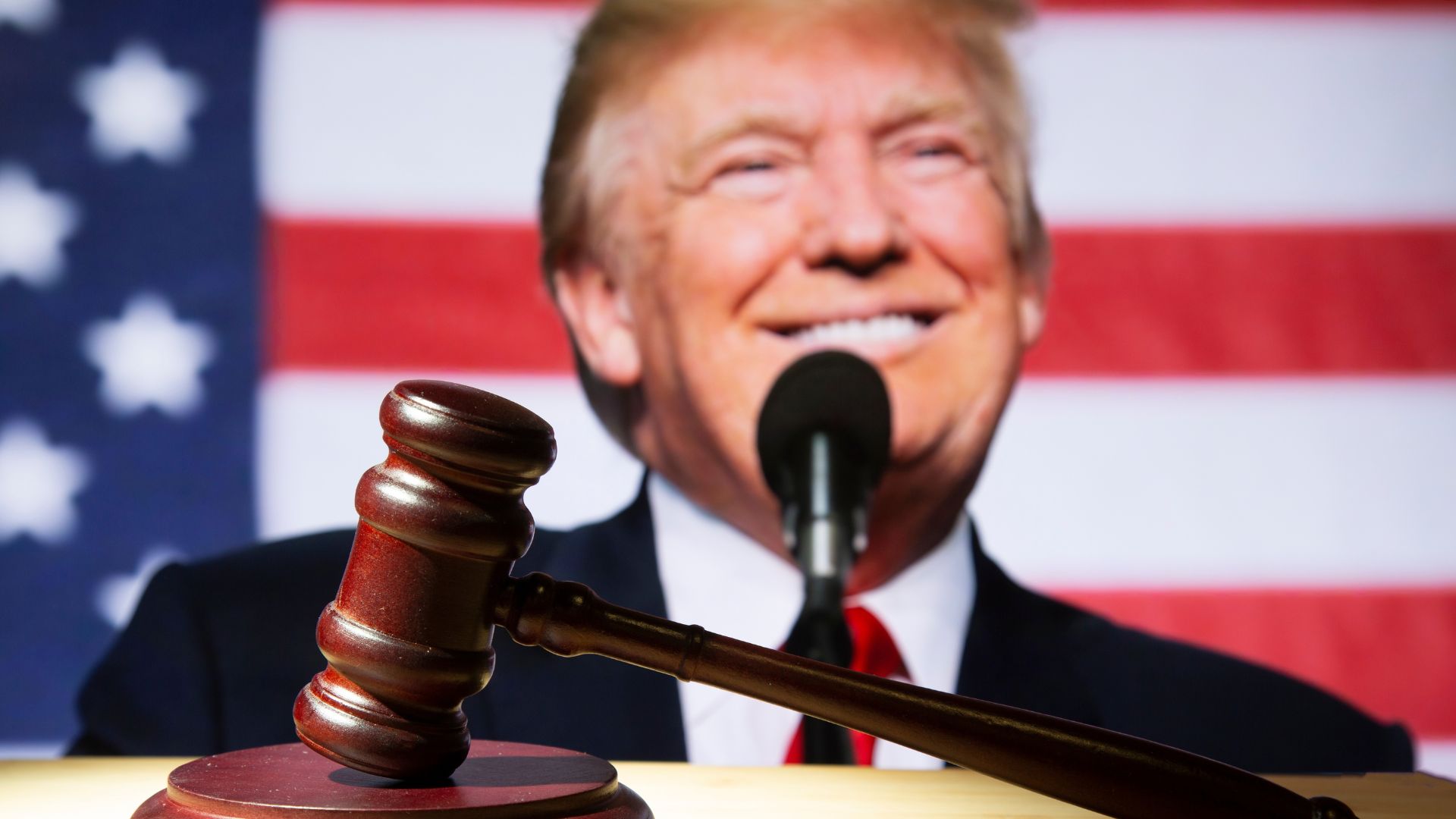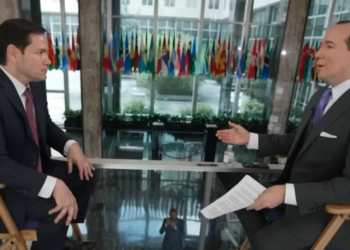
The U.S. Supreme Court ruled 6-3 on Monday to grant the Trump administration’s emergency request to stay a lower court injunction that had temporarily blocked third-country deportations, delivering a short-term legal victory for the White House in its ongoing immigration enforcement efforts.
The ruling allows the administration to move forward with deporting certain migrants to countries other than their origin, without prior individual notice.
The majority did not issue an opinion, but the dissent, authored by Justice Sonia Sotomayor and joined by Justices Elena Kagan and Ketanji Brown Jackson, strongly criticized the decision.
Trump’s Sovereign Wealth Fund: What Could It Mean For Your Money?
“Rather than allowing our lower court colleagues to manage this high-stakes litigation with the care and attention it plainly requires, this Court now intervenes to grant the Government emergency relief from an order it has repeatedly defied,” Sotomayor wrote.
“I cannot join so gross an abuse of the Court’s equitable discretion,” she added.
At the center of the legal dispute is a class-action lawsuit originally brought before U.S. District Judge Brian Murphy in Boston.
The case involves a group of migrants who contested their deportations to third countries — nations not explicitly listed on their removal orders.
This Could Be the Most Important Video Gun Owners Watch All Year
Countries named in court documents include South Sudan, El Salvador, Costa Rica, and Guatemala.
Judge Murphy had previously ordered that these individuals remain in U.S. custody until they had been provided the opportunity to undergo a “reasonable fear interview,” allowing them to explain any fear of persecution or torture they may face if deported to one of the designated third countries.
Murphy clarified in earlier rulings that his injunction did not block the Trump administration from executing removal orders but required it to comply with applicable legal procedures.
“It simply requires” the government “to comply with the law when carrying” out such removals, Murphy noted in a prior opinion.
The Trump administration appealed the order, with U.S. Solicitor General D. John Sauer arguing before the Supreme Court that Judge Murphy’s injunction was preventing the government from deporting “some of the worst of the worst illegal aliens.”
Sauer specifically referenced a group that had been ordered removed to South Sudan but were instead being held at a military facility in Djibouti.
The administration maintained that these individuals had been given the chance for reasonable fear interviews before further deportation proceedings.
This Supreme Court ruling marks another key development in a series of legal battles over immigration enforcement under President Donald Trump’s second term in office.
Federal courts have issued multiple injunctions in recent months, challenging various deportation efforts and asserting that the administration has, in some cases, violated due process by failing to provide migrants with adequate notice or legal recourse prior to removal.
Lower courts have criticized the administration’s deportation procedures, finding that migrants were often not informed of their impending deportation or denied an opportunity to present arguments in court.
The Supreme Court has previously upheld those rulings in limited scope on four occasions since January.
Administration officials have responded by accusing judges of overstepping their constitutional role and attempting to block lawful executive immigration actions.
The White House has maintained that illegal immigrants do not have a blanket entitlement to due process rights under immigration law.
Attorneys representing the migrant class claimed that up to a dozen individuals from various countries, including Vietnam and Myanmar, were ordered deported to South Sudan.
They argued this action directly violated Judge Murphy’s prior order, which required legal compliance before executing removals.
With the Supreme Court’s stay now in place, the Trump administration is expected to continue expedited removals as part of its broader immigration agenda.
Bye-bye 👋
America is no longer a safe haven for criminal illegal aliens, terrorists, and predators. pic.twitter.com/bZf8zyU4YT
— Homeland Security (@DHSgov) May 21, 2025
The underlying lawsuit in Judge Murphy’s court will proceed, and further challenges could be brought as removals are carried out.
Connect with Vetted Off-Duty Cops to Instantly Fulfill Your Security Needs



![Man Arrested After Screaming at Senators During Big Beautiful Bill Debate [WATCH]](https://www.right2024.com/wp-content/uploads/2025/06/Man-Arrested-After-Screaming-at-Senators-During-Big-Beautiful-Bill-350x250.jpg)












